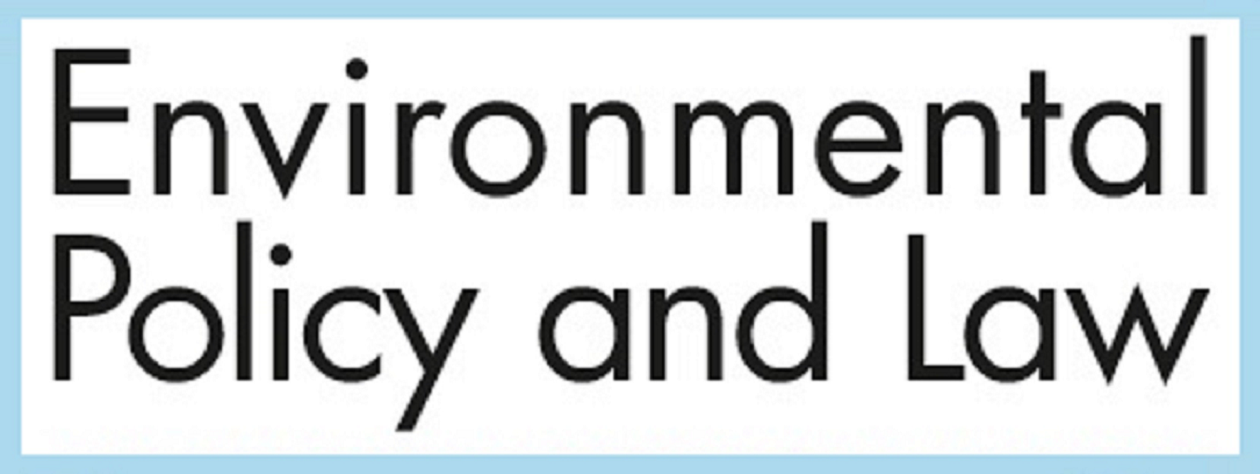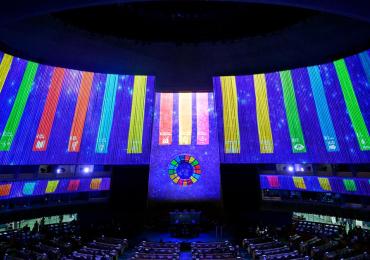The Interplay of Law and Institutions
The growth of the law and institutions has been complementary. In fact, they go hand in hand, keeping in view the changing needs of the society. In a way, institutions have been connected to the law with an umbilical cord. At the same time, institutions have acted as catalysts for developing the law. Throughout the history of international law, international courts and tribunals (ITCs) – as international institutions – have played a crucial role in the international legal system. They have developed alongside growth in the body of international law, together becoming one of the deepest and most puzzling forms of institutionalized cooperation in the international system.
The role of ICTs as institutions had been modest in the past. The result was that many international disputes remained unresolved, numerous international law norms and doctrines remained underdeveloped, and international law, in general, remained under-enforced. This period witnessed an absence of robust judicial institutions giving rise to an institutional vacuum. Nevertheless, the last two decades have witnessed a wave of new ICTs established to address a broad variety of issues. This increasing number of ICTs that has produced a growing stream of decisions appears to be one of the dominant features of the international legal order in the post-UN Charter period. Hence, understanding these ICTs, as institutions, is important for the peaceful settlement of international disputes through the instrumentality of law.
Notwithstanding this, some basic questions do arise. If there is no hierarchy, how do international courts work? Why do States create them and yield jurisdiction to them? Why do sovereign states obey them, if they do? What explains their workability, popularity, and their fragmentation? These questions have perennially plagued the international legal system. The behavior of sovereign states, particularly in the vastly complex field of international relations in the modern world, paradoxically indicates their belief in, and reliance on (even if reluctantly), the very idea of “institution” of international law. In this context – in spite of a widely perceived misconception that sovereign states break the law more often than they respect it – it is significant that they genuinely feel the need to abide by the law and think it necessary to justify their actions to remain within the limits of the law as it exists. Due to a series of factors including constant hammering by the so-called “new states” and the important contribution of the UN system, international law has gradually proved to be a stronger, widely accepted and more complete system.

New Environmental Sentinels
Environmental issues constitute a unique class of international problems having larger ramifications comprising humans, other species and natural resources. In turn, they require sensitivity, distinct approaches and collaborative methods of solutions. They appear to have gradually crystalized as significant factors in the whole structure of international relations. In fact, the whole notion of security – traditionally understood in terms of political and military threats to national sovereignty – is being expanded to include the growing impacts of environmental stress.
Environmental factors have been increasingly acknowledged to be a potential high-voltage source of international tension and disputes. These considerations seem to justify heightened attention to the prevention and settlement of environmental disputes. The perennial quest for resources, such as water, oil, gas and minerals, and habitats, is already grounds for friction, diplomatic posturing and high-profile negotiations. It has become a matter of concern for international organizations, civil society, and scholars. The growing demand and need for access to natural resources, coupled with a limited or at least shrinking resource base, has already triggered disputes among sovereign states.
The nature and extent of international environmental obligations has increased enormously as sovereign states assume broader and deeper commitments in a wide variety of areas of development activities. These, in turn, provide fertile ground for legal issues of State responsibility for breach of a treaty or another international legal obligation. The thickening web of multilateral environmental agreements and norms increases the possibilities that disputes might arise as regards interpretation of these obligations. As these international environmental obligations affect national interests and impose large (administrative, economic, and political) costs, sovereign states that do not comply with these obligations are perceived to gain an unfair competitive advantage. Thus, it seems, in an increasingly globalizing world, sovereign states are likely to be dragged into international disputes due to environmental harm resulting from activities of their nationals within the country or even when they make investments in industrial activities (such as coal mines or nuclear power plants) in other countries.
There are various adjudicative bodies that presently operate in the field of international environmental law, and ICTs are an essential part of the larger mosaic of international environmental governance. The existing architecture of adjudication is thought to be confrontational and adversarial, and it is contended that it could end up providing inconsistent outcomes. It also involves a limited number of parties, and can only deal with a narrow range of issues.
Adjudication also has some positive aspects in the context of settling international environmental disputes as it helps in insulating the matter from political processes. It may also involve third parties in the dispute-settlement process – judges who must adhere to high standards of independence and impartiality as well as adjudicate claims advanced on the basis of reasoned arguments and render judgment based upon relevant legal principles. Hence, international adjudication seems to be a rational procedure for environmental dispute settlement, one that can draw trust and give effect to the wishes of the parties. The process could in fact help in upholding applicable environmental or other public values embodied in legal norms. These attributes, cumulatively, could make ICTs dealing with environmental cases unique among international environmental institutions, to the extent that they independently and authoritatively recognize the concerns of a larger community.

Towards an International Environment Court?
In the context of the role of ICTs as environmental sentinels, there has been concerted scholarly discourse for some time on the need for an international environmental court (IEC). It appears to be the product of a needs-based response technique that the international community has been pursuing from time to time in various areas of international law. It is reminiscent of a similar quest for adjudication of criminal matters through a specialized International Criminal Court. Therefore, it seems pertinent to briefly examine the rationale for a similar special court for international environmental disputes. The proposal for a new specialized court was made as early as in the Hague Declaration on the Environment (1989). The concrete steps for the establishment of an IEC were in the form of a Draft Convention and a Draft Treaty. In 2002, the UNEP Global Judges Symposium88 also examined the need for an independent credible judicial forum that could help resolve environmental disputes.
Several arguments have been advanced to justify the establishment of an IEC. These include
- the number of pressing environmental problems that humans are facing and the need for a specialized adjudicatory bench comprising experts in international environmental law to consider them;
- the need to enable international organizations to be parties to disputes related to the protection of environment;
- the need for individuals and groups to have access to environmental justice at the international level; and
- the need for dispute-settlement procedures that enable the common interest in the environment to be addressed.
The cases dealt with by ICTs illustrate the difficulties involved in defining an international environmental dispute. While these cases can all be defined in terms of environmental law and thus potentially could have been brought before an international environmental court, if it had existed, they have another common element. The cases in question also can and have been defined in terms of several other areas of international law.
-----
The above includes extracts from the below article written by Bharat H. Desai (Jawaharlal Nehru University) and Balraj K. Sidhu (Indian Institute of Technology).




